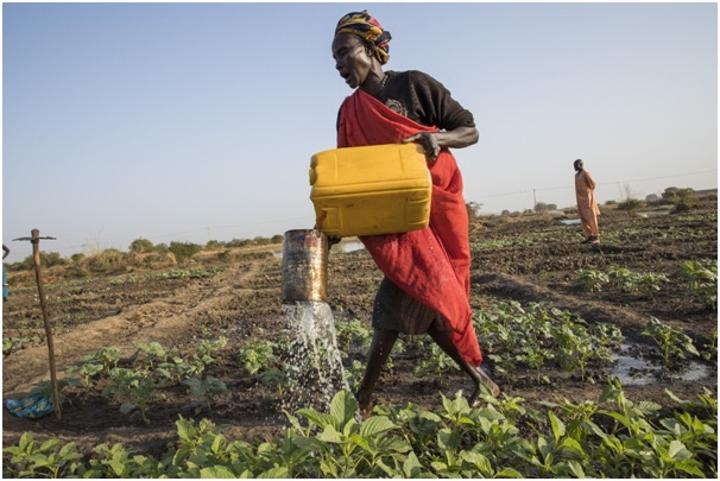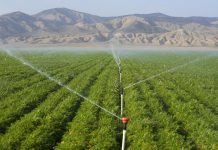Africa-Press – South-Sudan. Government and United Nations (UN) have called for action across all the sectors to put more effort in supporting the transformation of agro-food systems.
The Food and Agriculture Organization of the United Nations (FAO), UNICEF and the World Food Programme (WFP) joined the Ministry of Agriculture and Food Security
in celebrating ‘World Food Day’ to empower women to contribute in achieving the sustainable transformation of South Sudan’s food systems and to meet the Sustainable Development Goals.
In a press release extended to Juba Monitor yesterday, the World Food Day was commemorated in Malakal under the theme ‘Better production, better nutrition, abetter
environment and a better life”,which called for common andcollective action to ensure sufficient, nutritious, and safe food at affordable prices to everyone
where nobody should be hungry or suffered from any form of malnutrition. Meshack Malo, FAO Representative in South Sudan noted that the above goal could be achieved
through a systemic approach of working hand in hand with producers, distributors and consumers, the government, private sector, academia, non-governmental organizations, the UN and civil society.
“To achieve this transformation, we need to change policies, mindsets, behaviors
and business models, the efforts in reducing food gap and malnutrition which are some of FAO’s interventions aimed at building a better South Sudan leaving no
one behind.” Said Malo. The press statement indicated that in the past few months, the country had undertaken a major assessment of its food system within the framework of the
National Food Systems dialogue ahead of the global UN Food Systems Summit.The findings would feed in the future food systems policies, legislation and
investments in the country. Food insecurity in South Sudan is at its highest levels since South Sudan gained independence ten years ago. Sixty percent of the population faced severe and acute food insecurity, with families
unable to feed themselves because of the combined effects of conflict, displacement, massive flooding and economic hardships that was worsened by the Covid-19 pandemic. This was further compounded by climate change which has already severely impacted the livelihoods of the country.
The implications of climate change on food security and nutrition are of significant concerns. “Food insecurity is one of the major causes of the high prevalence of various forms of malnutrition affecting women
and young children in South Sudan,” said Hamida Lasseko, UNICEF Representative in South Sudan. He affirmed that UNICEF is working with partners to prevent malnutrition by promoting
breastfeeding of infants and by ensuring optimum use of available food by teaching mothers to adopt improved feeding habits to prevent malnutrition and
by providing therapeutic foods to treat malnutrition among children when prevention fails. UNICEF works with the Ministry of Health and 38 non-governmental organizations to prevent and treat severe acute
malnutrition, provide advice on correct feeding behaviors, medicines and therapeutic foods through 1 145 outpatient nutrition centers. WFP supports local production and markets in the form of cash transfers, through
local purchases and technical assistance to medium scale farmersto strengthen resilience and self-reliance within communities. WFP supports the building and maintenance of community assets and infrastructure
such as feeder roads and aggregation centers, improving farm-to-market access for communities in rural areas. ‘World Food Day’, celebrated this year on 15 October, marks the anniversary of the
founding of FAO on 16 October 1945. The main objective of the day was to heighten public awareness of long-term global food challenges and to develop further national and international solidarity in the struggle against hunger, malnutrition and poverty.






